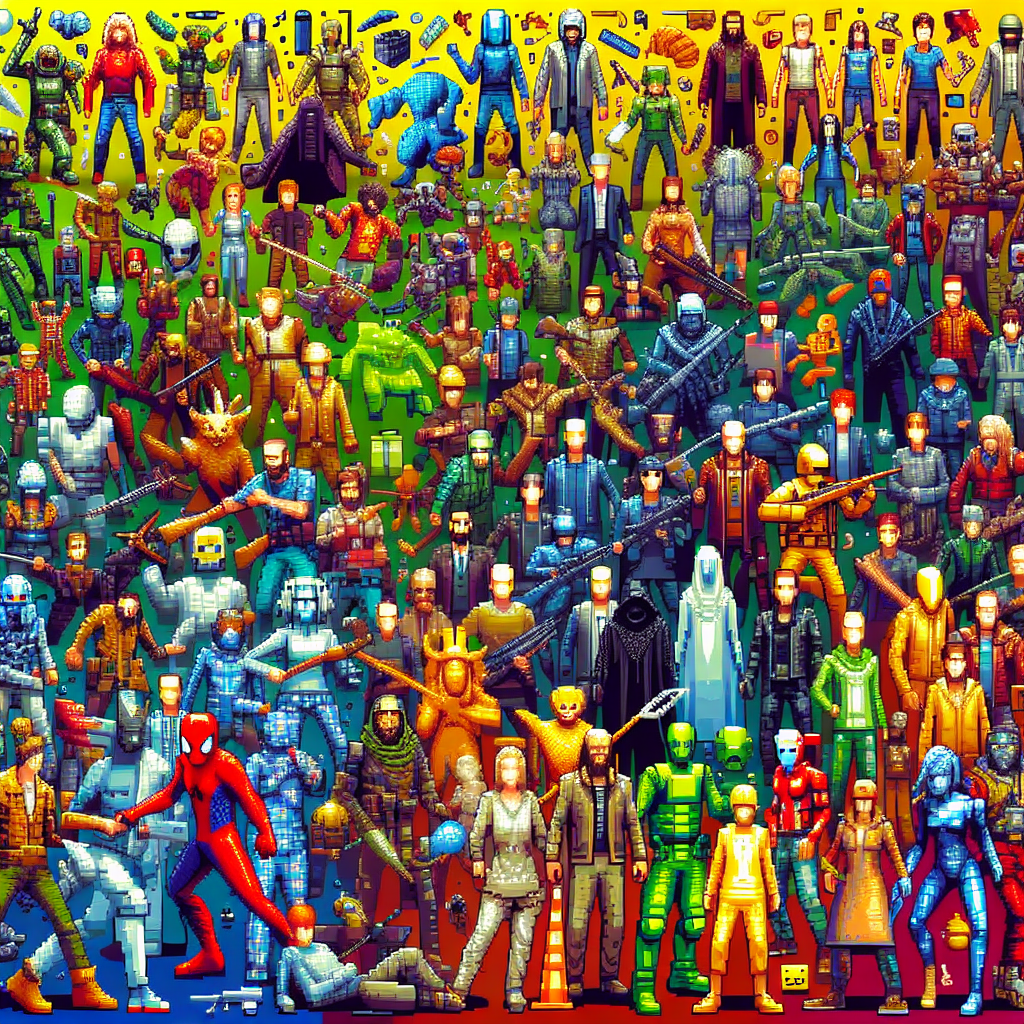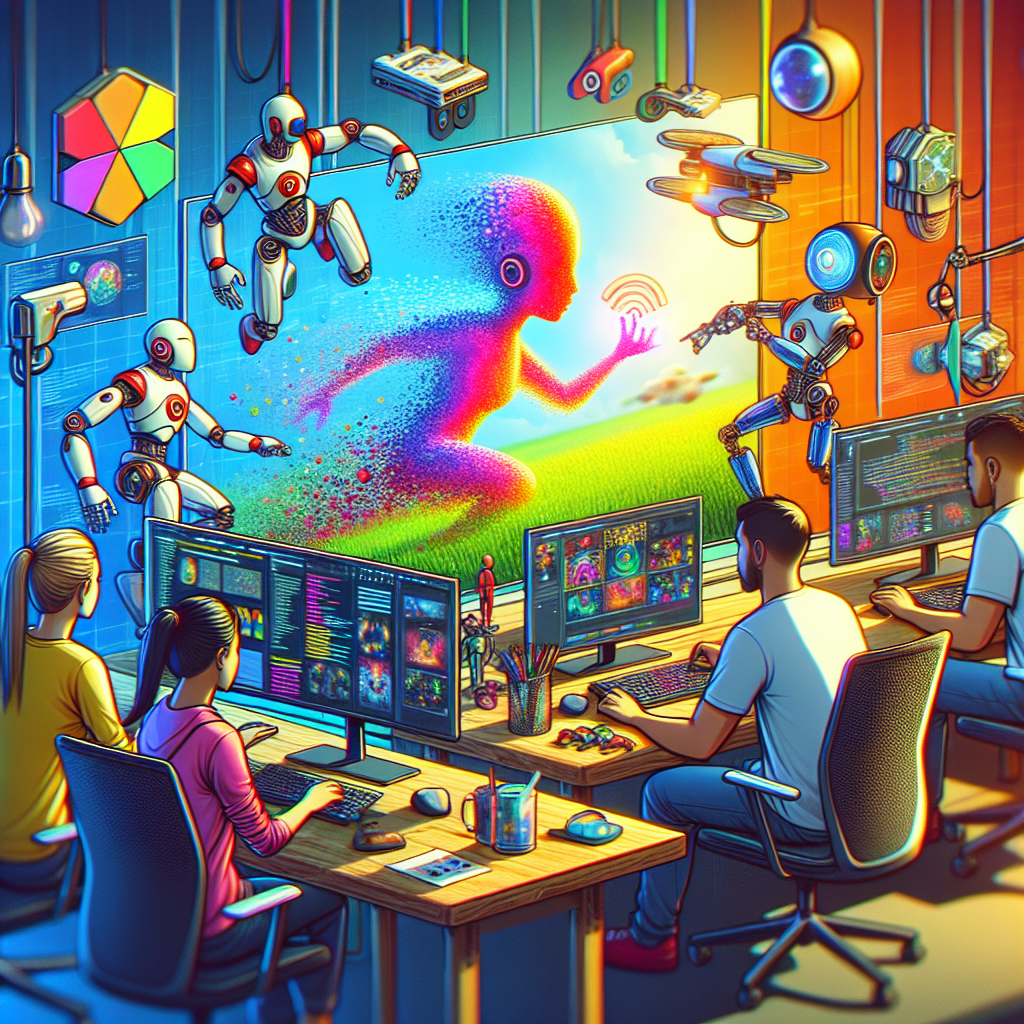Can gaming foster empathy in players? This question has sparked debates among psychologists, educators, and gamers alike. As the gaming industry continues to evolve, many argue that video games can serve as powerful tools for developing emotional understanding and empathy in players.
The Role of Narrative in Gaming
One of the most compelling ways that gaming fosters empathy is through narrative. Games like The Walking Dead and Life is Strange offer players unique storytelling experiences that immerse them in the lives of complex characters. By taking on the roles of these characters, players encounter situations that challenge their moral beliefs and force them to consider different perspectives.
In these narratives, players often face difficult choices that impact the storyline and the fates of other characters. This emotional engagement allows players to develop a deeper understanding of the challenges faced by others, effectively fostering empathy. Studies have shown that players who engage with narrative-driven games tend to have greater emotional awareness and understanding of diverse human experiences.
Social Interaction and Teamwork
Moreover, gaming fosters empathy through social interaction. Multiplayer games, such as League of Legends and Overwatch, require players to collaborate and communicate effectively. In these environments, players must learn to understand each other’s strengths and weaknesses, leading to a greater appreciation for diverse skills and backgrounds.


When players work together to achieve common goals, they often develop a sense of camaraderie and shared experience. This social aspect of gaming encourages players to recognize the emotions and motivations of their teammates, further enhancing their empathetic skills. Research indicates that players who engage in cooperative gaming experiences are more likely to exhibit prosocial behaviors in real life.
Virtual Reality and Empathy Building
Virtual reality (VR) gaming offers another exciting avenue for fostering empathy. Immersive VR experiences can place players in the shoes of individuals from different backgrounds, allowing them to experience life from a new perspective. For instance, games like The Empathy Machine aim to simulate the experiences of marginalized communities, providing players with a visceral understanding of their struggles.
By experiencing scenarios that evoke strong emotional responses, players can develop a more profound sense of empathy towards others. The immersive quality of VR amplifies this effect, as players physically react to the virtual environment, making the experience more impactful.
In conclusion, gaming can indeed foster empathy in players. By engaging with narratives, collaborating with others, and experiencing immersive environments, players can develop a deeper emotional understanding of diverse perspectives. As the gaming industry continues to innovate, the potential for games to serve as tools for empathy and social connection remains a promising area for exploration.
Some content and/or images on this page were created using AI.





